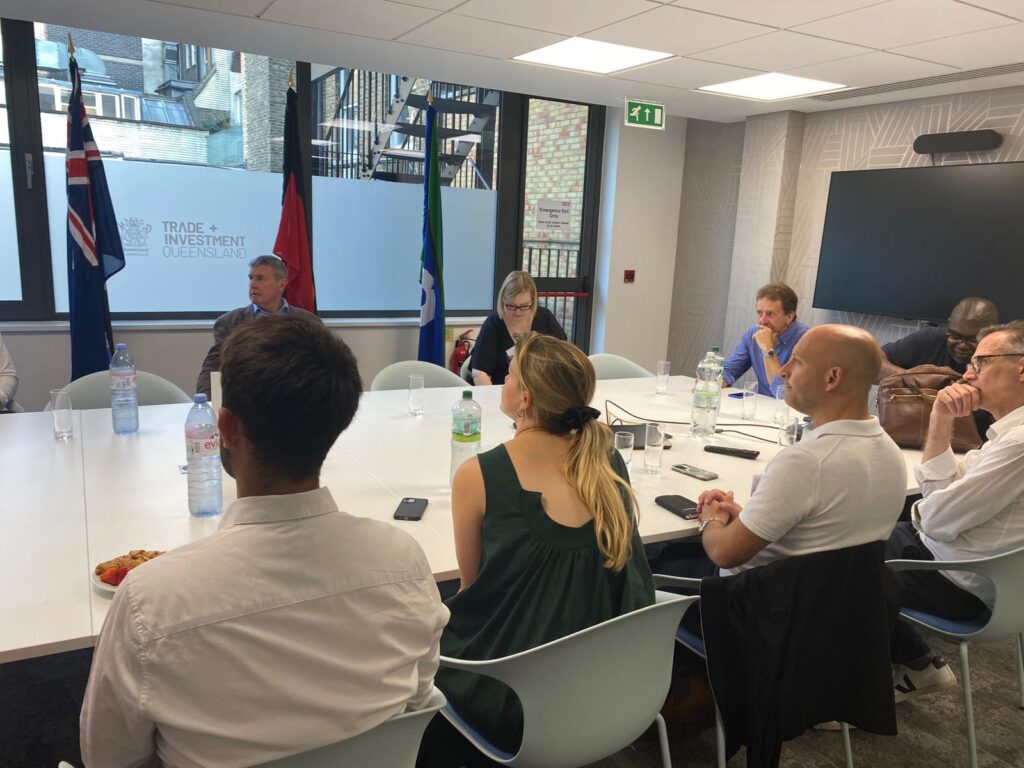Roundtable wrap-up: Reflecting on the evolution of brand strategies around women’s sport
June 15, 2023
The latest iSportConnect Roundtable followed on from one of our recent events by focussing on Women’s sport. In this wrap-up we look back at the roundtable discussions and share some of the key takeaways from the brands in the room.
Thanks to the success of the Lionesses last summer, followed by a Women’s Football World Cup this year the time is ripe for Women’s sport to take centre stage this summer.
The discussion was opened by talking about the bundling of the commercial rights of women’s teams with the men’s.
This is a really interesting topic that I think will develop a lot over the next few years. Originally, a lot of teams would throw in the rights to the women’s team for no additional cost, but that has changed. In the case of Women’s football the WSL is being broadcast on Sky and BBC every weekend so their assets have a real value. As women’s sport continues to mature and more data is gathered on the unique audience it has, we will likely see brands targeting women’s sport separately to men’s because of the people they are trying to reach.
The role of brands in women’s sport is different to that in men’s.
Whereas men’s sport is all about eyeballs, women’s sport provides brands with a unique opportunity for storytelling. For a lot of brands, sponsoring women’s sport sits inside the brands CSR strategy. Part of this would involve brands helping sports explain what they can bring to the lives of young women and girls. The fact that these sponsorship’s still come under CSR clearly shows the way in which brands are still not viewing women’s sport as a place to find commercial returns. In a similar way to the point above as and when this changes will be very interesting to see.
The experience of attending women’s sport is different to men’s and it should stay that way
Women’s sport has got a lot of praise for how accessible it is to a wide audience. Male sport is often attended by middle-aged men and can be associated with a drinking culture. Increasingly brands are seeing the hospitality opportunities in women’s sport becoming more attractive for B2B clients because they can bring families along. It is also important that as women’s sport continues to mature that it keeps its own identity and doesn’t follow in the same path as men’s sport. While men’s sport has previously been very attractive for B2B hospitality packages, some events are becoming overly corporate and this has pushed ‘real’ fans in the direction of women’s alternatives. This has made the women’s game a better proposition for B2B clients who really care about the sport.
The fact that women’s sport is more welcoming needs to be used effectively
Brands in the room all spoke of the great experiences they have had when dealing with female athletes, especially in comparison to men. Female athletes were described as more authentic and relatable because they haven’t been media trained to the same degree as men. Authenticity is an incredibly important part of making engaging content specifically for Generation Z as was discussed at a recent iSportConnect Masterclass+ on the topic of Engaging Young Fans. This means that brands have an opportunity to create fantastic activations with female athletes. However, there is a fear that with exposure increasing the doors of accessibility will be closing. A delegate at our women’s sport Masterclass+ two weeks ago said that in the case of England’s Lionesses this is already beginning to happen.
If you are a service provider or rights holder and would be interested in hosting a roundtable contact Joe Rowland here


